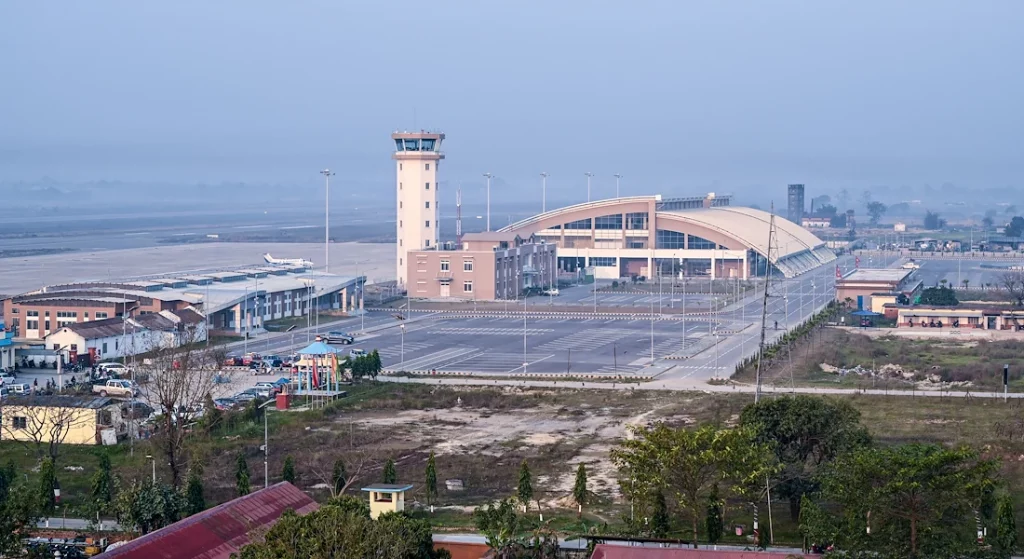KATHMANDU: The government has voiced its concern over the underperformance of the Gautam Buddha International Airport (GBIA) in Bhairahawa and the Pokhara Regional International Airport (PRIA), which have struggled to boost their businesses even after two years of operation.
The GBIA, operational since April 21, 2022, and the PRIA, which started in December 2023, were expected to alleviate air traffic pressure from Tribhuvan International Airport (TIA) in Kathmandu. However, they have yet to generate significant revenue.
The PRIA was constructed with a loan assistance of Rs 22 billion from the Exim Bank of China, while the GBIA benefited from US $37 million in concessional loans and grants from the Asian Development Bank and US $11 million from the OPEC Fund for International Development.
These financial undertakings have resulted in substantial debt for Nepal, yet the anticipated returns from these airports have not materialized. In response, the government has established a task force led by Raj Kumar Shrestha, Secretary of the Office of the Prime Minister and Council of Ministers, to devise effective operational plans for the GBIA and PRIA. The task force includes joint secretaries from all line ministries.
An official from the Prime Minister’s office stated, “The panel is mandated to bring in an effective plan on reducing pressure at the Tribhuvan International Airport (TIA) while suggesting packages to attract international flights from the GBIA and the PRIA.”
Prime Minister KP Sharma Oli convened a high-level meeting last Friday, which included Deputy Prime Minister and Finance Minister Bishnu Prasad Paudel, Foreign Minister Dr. Arzu Rana Deuba, Labor and Employment Minister Sharat Singh Bhandari, Culture, Tourism, and Civil Aviation Minister Badri Prasad Pandey, Chief Secretary, Chief Advisor to the Prime Minister, and Director General of the Civil Aviation Authority of Nepal (CAAN), Pradeep Adhikari.
During the meeting at the Prime Minister’s Office, Oli reviewed the current flight volumes and passenger management at TIA to explore options for maximizing the capacities of the GBIA and PRIA.
He directed the creation of an environment conducive to ensuring regular international flights from both airports, emphasizing the need to swiftly resolve regulatory issues affecting international airlines interested in operating there.
Prime Minister Oli highlighted the importance of addressing the underutilization of these airports, which have been operating below capacity since their inception. This underperformance has led to financial losses and increased pressure on TIA, which has been handling more flights and passengers than it was designed for.
Oli also pointed out the need to address potential increases in aviation fuel prices and suggested adjustments to ground handling service rules. He urged relevant ministries and agencies to prepare a proposal for the upcoming Council of Ministers meeting, recommending reductions in passenger service charges, elimination of tourism taxes, and other measures to attract more international flights.
The Prime Minister has tasked the newly formed committee with developing a detailed work plan to bring the two airports into regular operations soon, aiming to enhance Nepal’s aviation sector and reduce the financial burden on the nation.

